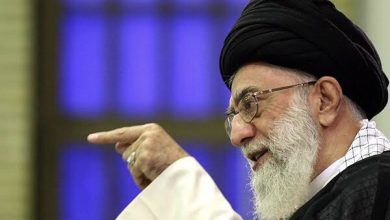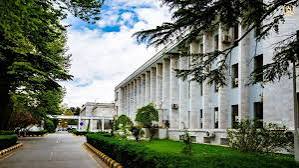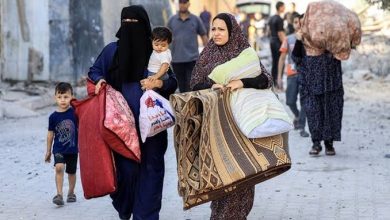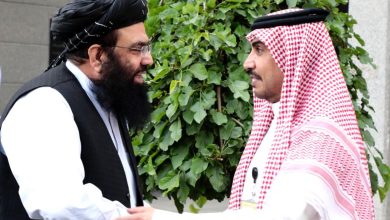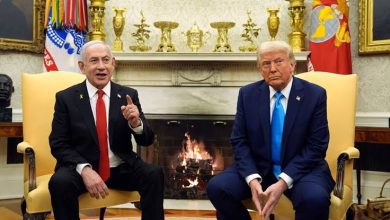Mullah Abdul Ghani Baradar Meets with Deputy Head of the United Nations Assistance Mission in Afghanistan
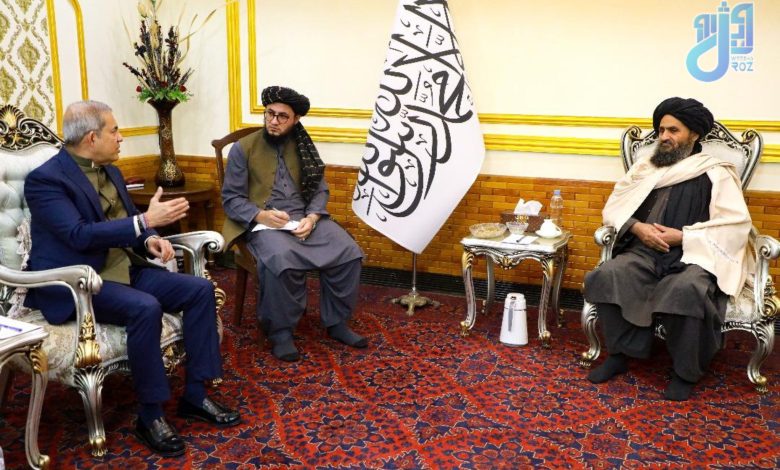
Weezha Roz-Mullah Abdul Ghani Baradar Akhund, Deputy Economic Prime Minister of the Islamic Emirate of Afghanistan, met today with Indrika Ratwatte, Deputy Special Representative of the United Nations Assistance Mission in Afghanistan (UNAMA), at his office.
This meeting took place within the framework of humanitarian and developmental cooperation between the Islamic Emirate of Afghanistan and the United Nations.
Key Points of the Meeting
1. Gratitude for UNAMA’s Humanitarian Assistance:
Mullah Abdul Ghani Baradar Akhund expressed gratitude for UNAMA’s humanitarian assistance to those affected by natural disasters in Afghanistan.
This highlights the importance of international cooperation during critical times and the necessity of supporting vulnerable citizens.
2.Request for Transparency and Prioritization of Developmental Projects:
The Deputy Economic Prime Minister urged UNAMA to ensure transparency in the distribution of humanitarian aid and to prioritize developmental projects.
This request reflects the Islamic Emirate’s efforts to create employment opportunities and improve citizens’ living conditions through sustainable projects.
3.Emphasis on Facilitating Work and Livelihood Opportunities:
Mullah Abdul Ghani Baradar Akhund emphasized the need to create job opportunities and improve living conditions for Afghans.
This demonstrates the Islamic Emirate’s approach to sustainable development and enhancing the livelihoods of the people.
4.UNAMA’s Programs in Afghanistan:
Indrika Ratwatte, Deputy Head of UNAMA, outlined the organization’s programs in Afghanistan, which include:
Humanitarian and developmental assistance.
Facilitating the return of displaced individuals.
Supporting the private sector and small-to-medium enterprises.
Creating job opportunities in rural areas through micro-loans.
Supporting farmers in transitioning from poppy cultivation to alternative crops.
5.Support for Agriculture and Infrastructure:
Ratwatte announced that UNAMA would distribute improved seeds and chemical fertilizers to support Afghan farmers.
Additionally, the organization plans to construct small dams, clean irrigation canals, and facilitate access for Afghan agricultural and industrial products to international markets.
Analysis of the Meeting:
1.Importance of International Cooperation:
This meeting underscores the significance of international cooperation in improving Afghanistan’s economic and social conditions.
UNAMA, as a key organization providing humanitarian and developmental assistance, plays a vital role in supporting Afghan citizens.
2.Emphasis on Transparency and Sustainable Development:
The Islamic Emirate’s request for transparency in aid distribution and prioritization of developmental projects reflects its efforts to optimize resource utilization and create sustainable changes in society.
3.Support for Key Economic Sectors:
UNAMA’s programs supporting agriculture, industry, and small-to-medium enterprises can contribute to improving Afghanistan’s economy and reducing dependence on foreign aid.
4.Challenges Ahead:
Despite these collaborations, challenges such as insecurity, lack of infrastructure, and weak resource management may hinder the implementation of these programs.
Conclusion
The meeting between Mullah Abdul Ghani Baradar Akhund and Indrika Ratwatte highlights the positive engagement of the Islamic Emirate of Afghanistan with the international community to improve the country’s economic and social conditions.
The emphasis on transparency, sustainable development, and support for key economic sectors can lead to positive changes in Afghanistan. However, the success of these programs requires extensive cooperation and addressing existing challenges.
Recommendations:
1.Enhance coordination between the Islamic Emirate and international organizations for effective project implementation.
2.Focus on training and capacity-building to optimize resource utilization.
3.Establish monitoring mechanisms to ensure transparency in aid distribution.
4.Address the needs of deprived and vulnerable regions in developmental programs.
Weezha Roz
